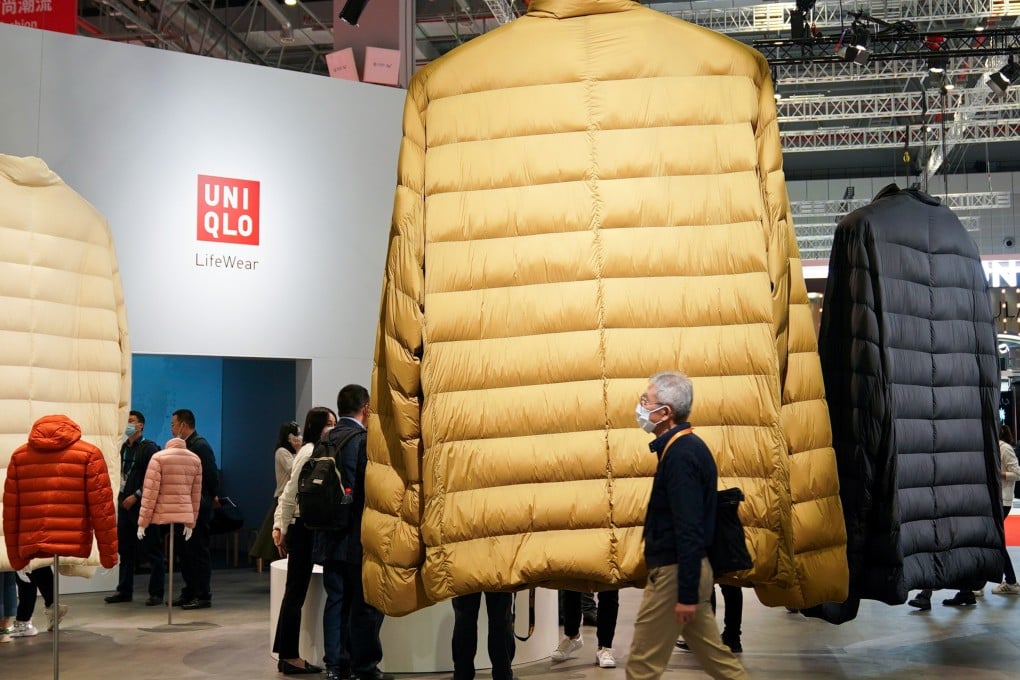Uniqlo chases China’s shoppers on TikTok sibling Douyin, as e-commerce race against Alibaba heats up
- The Japanese clothing retailer runs three official accounts on Douyin to promote its goods via live streams and short videos
- The move shows the challenge faced by established e-commerce players, which are finding it harder to retain users in a slowing economy

Fast Retailing, which owns Uniqlo and several other brands, was one of the top sellers on Alibaba’s Tmall in the first half of this year, generating a net gross merchandise value of about 2.2 billion yuan (US$317 million), according to research firm YipitData.
However, China is struggling under a slowing economy as it grapples with the nation’s worst Covid-19 outbreak since the spring of 2020. Twenty-nine out of 31 Chinese provinces have reported local cases since September, according to a government press conference last week, with lockdowns being imposed in dozens of cities.
Total retail sales in July rose 2.7 per cent in July, down from 3.1 per cent in June and well below the expected 5.3 per cent.
Uniqlo, one of the most recognised clothings brands in China, reported large revenue and profit declines in the Greater China region in the quarter ended May 31, citing the adverse impact of travel restrictions put in place to contain Covid-19 infections.